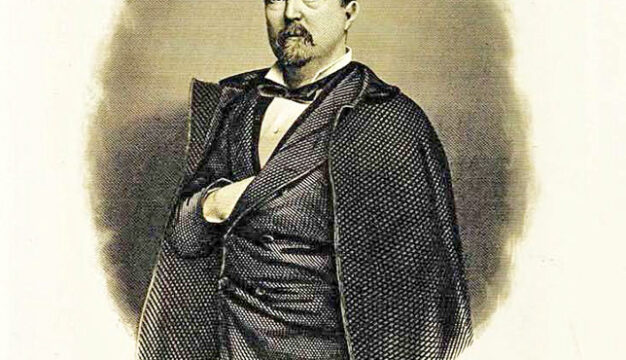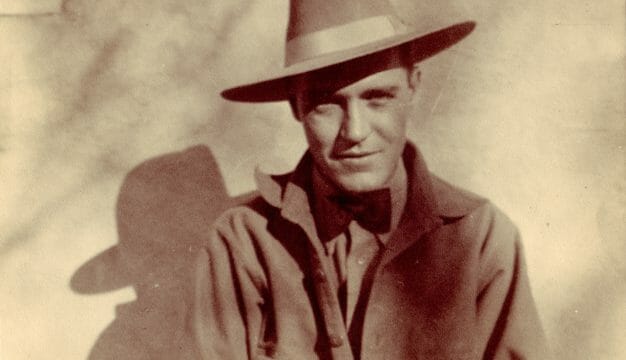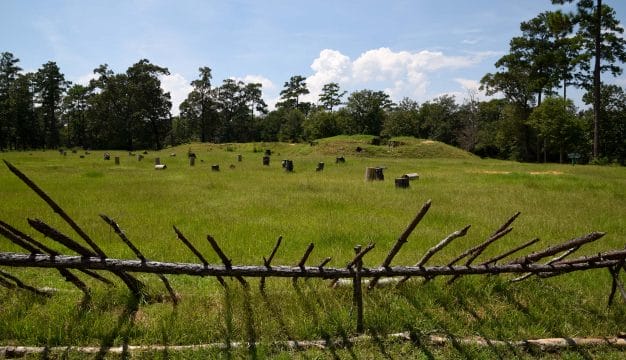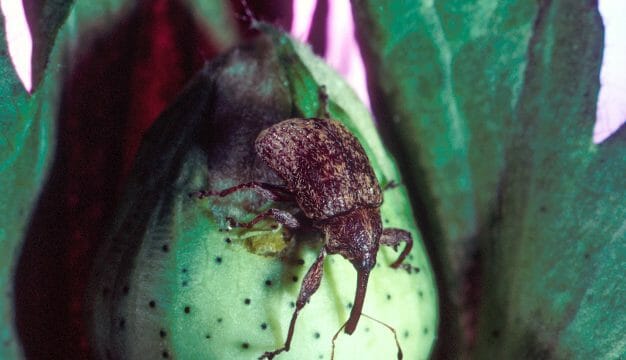Boynton, Bruce Carver
Bruce Carver Boynton (1937-2020) was an activist, civil rights attorney, and plaintiff in the Boynton v. Virginia (1960) Supreme Court decision that outlawed segregation in interstate bus station facilities. That decision led to the Freedom Rides in 1961, during which civil rights activists were met with violence for testing its effectiveness in the South, and the subsequent desegregation of interstate buses.
Boynton was born on June 19, 1937, in Selma, Dallas County, to Samuel William and Amelia Platts Boynton, extension agents of the United States Department of Agriculture. His mother was a graduate of Tuskegee Institute and a former student of George Washington Carver, who was named Bruce’s godfather. She also gave him the middle name "Carver" in Carver’s honor. He had one brother. Both parents would become noted activists in the civil rights movement.
Boynton grew up witnessing both of his parents' work with the Selma branch of the National Association for the Advancement of Colored People (NAACP) and the Dallas County Voters League (DCVL) to encourage voter registration among African Americans in Dallas County. Black voters had been essentially disfranchised through Alabama's 1901 Constitution and the practices of local voter registrars, who aimed to keep the numbers of Black voters low, even in majority Black counties like Dallas. His parents worked to increase the number of Black voters in Dallas and other Black Belt counties.
Boynton graduated from the segregated R. B. Hudson High School in Selma at the age of 14 and attended historically Black Fisk University in Nashville. He earned a bachelor's degree in history and entered Howard University Law School in Washington, D.C., in 1958. Boynton cited his parents' lack of access to a lawyer as one of the reasons that he chose to go to law school. At the time that Boynton entered law school, there were no Black lawyers in Selma and white lawyers would not provide sufficient representation for the city's Black citizens.
When Boynton entered Howard Law School in the fall of 1958, his professors had already earned a reputation for training lawyers to enter the civil rights movement. Several Howard Law professors and graduates had made considerable progress towards eliminating discriminatory Jim Crow laws through their work with the NAACP. In fact, Howard Law graduate Thurgood Marshall, as director-counsel of the NAACP Legal Defense Fund (LDF), had recently and successfully argued against segregation in public schools before the Supreme Court in the 1954 Brown v. Board of Education of Topeka, KS decision. This was important to Boynton and a primary reason that he chose Howard for his legal education.
At the end of his first semester of law school, Boynton returned home to Selma for the holiday break and chose to travel by Trailways bus. When he arrived at a Richmond, Virginia, bus station, he entered the segregated "Colored Only" waiting room and restaurant and decided that he would not eat at the segregated restaurant given the unsanitary condition of the facilities. He entered the "Whites Only" restaurant and ordered a cheeseburger and some tea. The clerk refused to serve him and summoned the manager, who demanded that he leave the "Whites Only" counter. He refused to move. Boynton was then arrested for trespassing and convicted by the city of Richmond. He appealed the conviction to the Virginia state supreme court and lost.
Because Boynton was a law student at Howard, his arrest was more serious; it could have derailed his legal career. He called a classmate's father who was active in the local Richmond NAACP to bail him out of jail. After he was released, he notified his parents, and they contacted the NAACP to represent him. The NAACP LDF decided to take the case with Thurgood Marshall, then director-counsel, representing him in court. Although Boynton lost his case in local and state courts, he appealed the decision to the U.S. Supreme Court. A three-judge panel agreed to hear the case, argued by Marshall. The final decision, Boynton v. Commonwealth of Virginia (1960), stated that segregation in interstate bus station facilities was unconstitutional. Although Boynton's case did not immediately result in the desegregation of waiting rooms, bathrooms, restaurants, and other facilities, it did prompt the members of the Congress of Racial Equality (CORE) and the Student Nonviolent Coordinating Committee (SNCC) to test southern states' willingness to abide by the Supreme Court decision. The resulting Freedom Rides of 1961 became a nationwide protest, either directly through the Rides themselves or through sympathy protests and demonstrations nationwide. In Alabama, the Riders were met with violence in Anniston, Birmingham, and Montgomery, and imprisonments in Mississippi for those who continued through to that state.
After Boynton completed law school in 1961, he returned to Alabama to take the bar exam. The Alabama State Bar refused to issue him a law license, even though he passed the exam. The Bar started an investigation into his arrest in Richmond, which they continued for six years. Meanwhile, Boynton passed the bar exam in Tennessee, and he started his first law practice in Chattanooga. There, Boynton also did work for the NAACP, taking on work as legal counsel for students successfully desegregating public schools in Chattanooga in Mapp et al. vs. Board of Education of City of Chattanooga, TN that began in 1962. He continued to practice in Tennessee, working on general cases and continuing his law practice there until 1966, when the state of Alabama finally granted his law license.
Boynton returned to Alabama and set up a practice in Selma, where became the second Black lawyer, after J. L. Chestnut Jr. began practicing law there. Boynton represented SNCC students in a variety of civil rights cases that aimed to end racial discrimination in the state in the years after the passage of the 1965 Voting Rights Act. He continued to practice law into the early years of the twenty-first century. Boynton had a few firsts. He was the first Black prosecutor in Alabama. Boynton was married in 1973 to Alice Cutler, who died in 2001. A previous marriage had ended in divorce. He married Betty Strong Boynton in 2008. He had two daughters and several stepchildren.
Boynton died on November 23, 2020, in Montgomery. He was well regarded by the legal communities in Alabama and Tennessee. He received honors and accolades from a variety of state and national organizations for his activism, his service to the legal community, and his devotion to civil rights, including the Freedom Rides Museum and the U.S. District Court, which honored him in 2018. In 2021, the Dallas County Commission named the Dallas County Courthouse Annex the J. L. Chestnut/Bruce Boynton Judicial Building in honor of Boynton and his legal colleague J. L. Chestnut.
Further Reading
- Robinson, Amelia Boynton. Bridge across Jordan. Washington, D.C.: Schiller Institute, 1991.
- Arsenault, Raymond. Freedom Riders: 1961 and the Struggle for Racial Justice. New York: Oxford University Press, 2006.
- United States District Court, Middle District of Alabama, “Interview of Bruce Carver Boynton,” Oral History Project of the United States District Court, Middle District of Alabama, May 18, 2018; https://www.almd.uscourts.gov/sites/default/files/2020-12/OH-Bruce-Boynton-Vol-1-05182018.pdf



